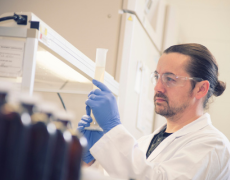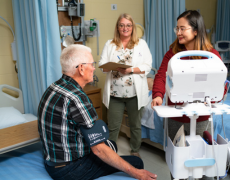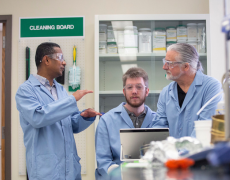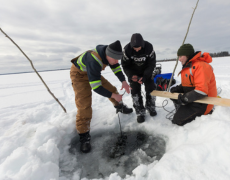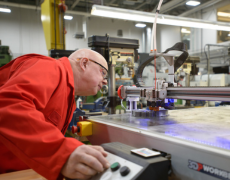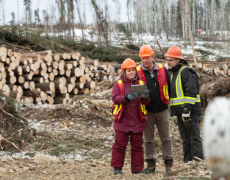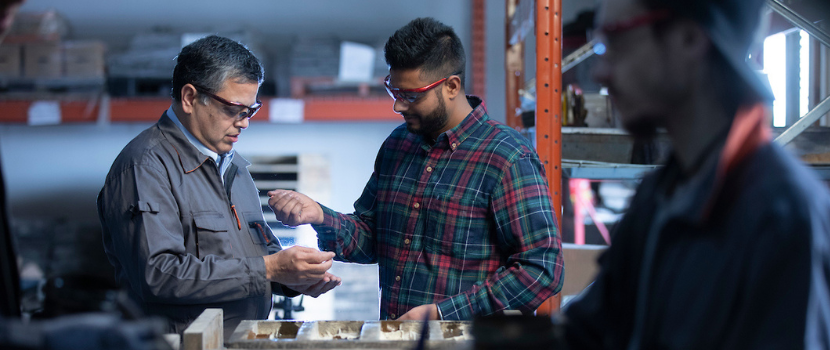
Saskatchewan Polytechnic’s applied research partners have access to exceptional facilities and faculty expertise, funding for research and development and a wide network of connections. By partnering with Sask Polytech in research and development, we enable companies to capture new opportunities, solve everyday problems and contribute to economic growth and job creation in Saskatchewan.
Sask Polytech’s specialized facilities for both teaching and applied research include the latest state-of-the-art equipment to assist industry and communities with their innovations.

